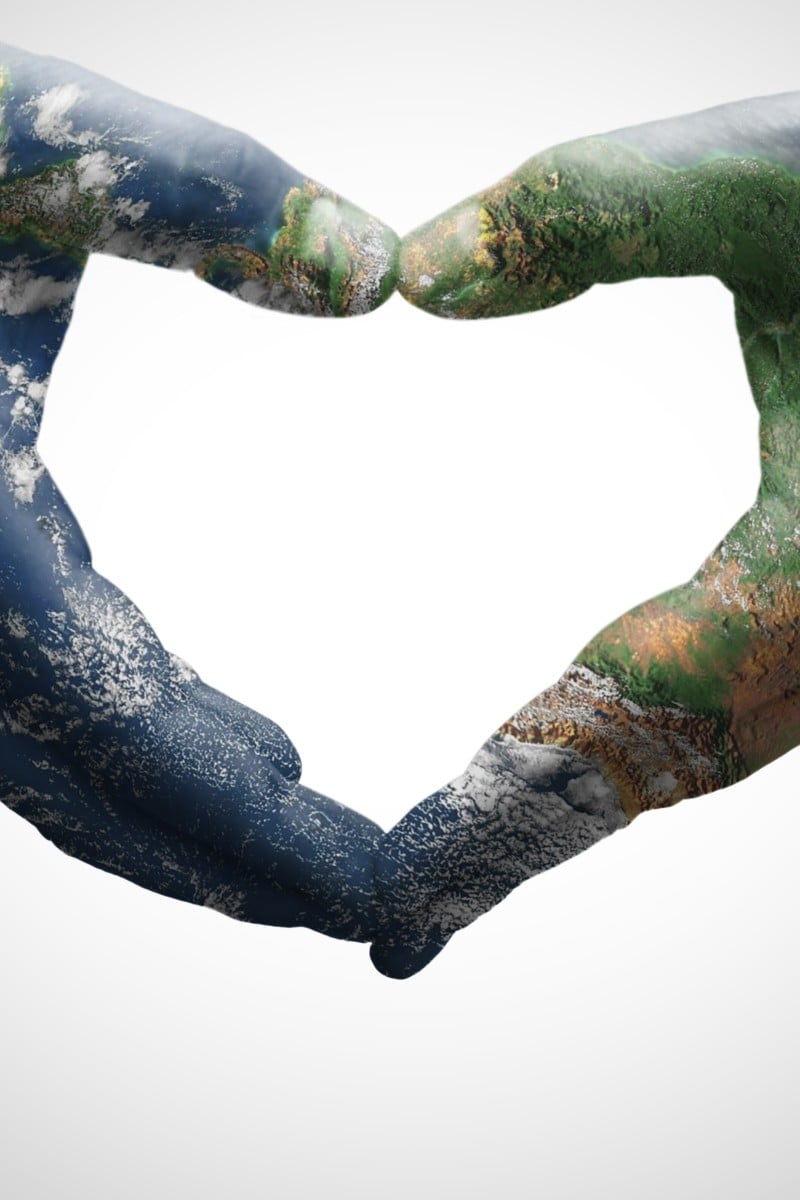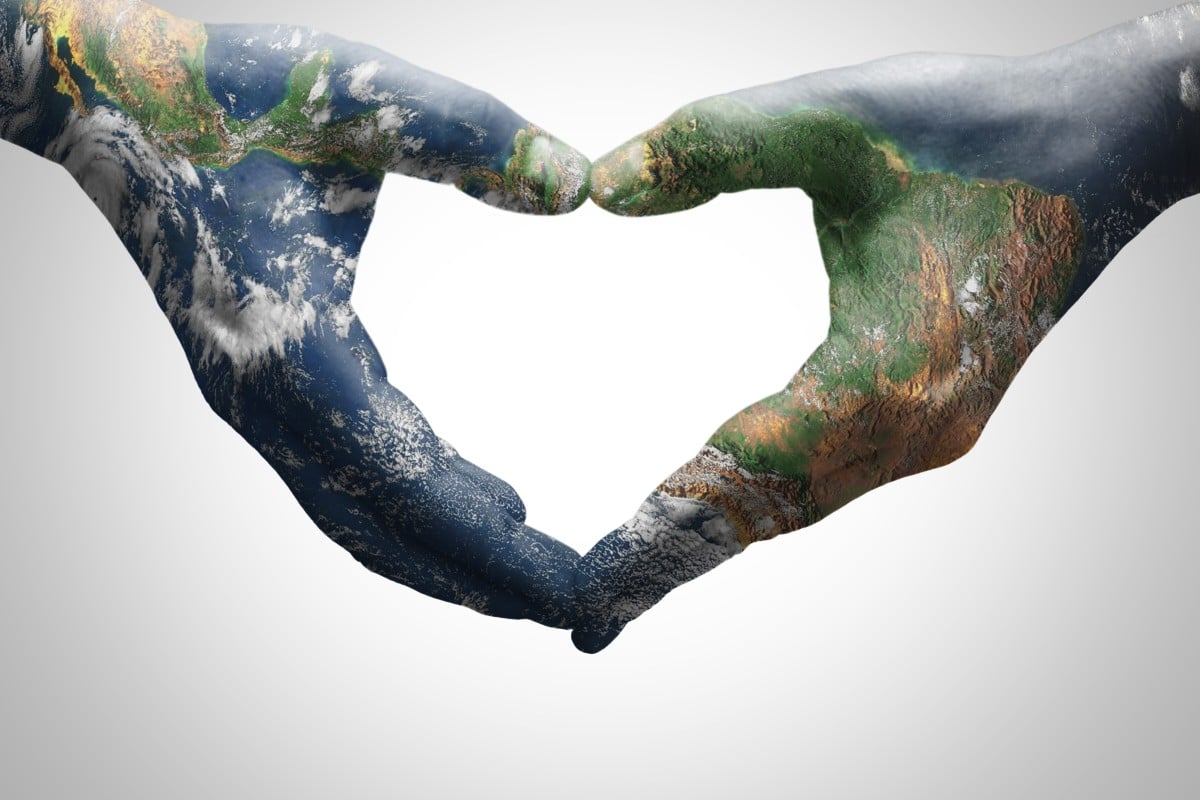
Harvard Book Prize Essay Award 2020: Wong Ling-yin
- This is the second runner-up of the 2020 Harvard Book Prize Essay Award
- The essay prompt was ‘Reflect on what it means to lead an ethical life that respects the world’s magnificent biodiversity. How should we view our everyday actions from what we eat to how we power the planet as being central to leading an ethical life over the next 50 to 100 years?’
 We must work together to restore the balance in favour of Earth.
We must work together to restore the balance in favour of Earth.This essay has not been edited by Young Post.
BALANCE.
Since time immemorial, the bedrock of our Earth has always been “balance”. Be it ecological balance, homeostasis or carbon cycle – “balance” is the discipline that facilitates equilibrium.
Our ecosystem, once harmonious and self-sustainable, is no exception. Yet, we have done nothing than to skew its balance, unearth the carbon underground, slash and burn the forests, until we overwhelm its carrying capacity to the brink of collapse. As stewards of the Earth, is this how we fulfil our dominion mandate?
From this we see the prominence of ethical living – the manifestation of every individual’s stewardship to be less anthropocentric and more considerate of our biodiversity. That said, the blight of polar bears is merely the tip of the iceberg. Our scope should encompass the extensive spectrum of species, ranging from corals to turtles and from pandas to rhinoceros. Taking this up a notch, Half-Earth Project would be humanity’s destination of ethicality, to safeguard biodiversity by restoring the balance – the fifty-fifty balance between conservation and development, with ecotourism being a case in point. Leading an ethical life, both individually and universally, does not necessarily mean “sacrificing everything”. Instead, it brings forth dynamic equilibrium between us and nature, fostering co-existence and mutualism.
Hitherto you might say – I am no environmentalist, I know little about biodiversity. I am no president, I cannot demarcate half of my country’s land. I am no CEO, I possess no capital to invigorate ecotourism. To some, ethical living on Earth might seem like baying at the moon, for they have overlooked the fact that big changes, more often than not, begin with small steps.
As stewards, we acknowledge the small steps – our underrated, everyday actions constitute the overarching element of ethical living, from power consumption, down to clothing, food, residence and transportation. Minimizing their footprints is a step forward to sustain balance in the forthcoming decades. To illustrate, consumerism-driven fast fashion should be frowned upon, as well as our appetite for shark fins and wildlife. Substitutes available entail plant-based meat, sustainable seafood, and pesticide-free vegetables. Undertake rooftop farming and carpooling to reduce carbon footprint. Opt for energy-efficient appliances, partake in Earth Hour and be an advocate for renewables. Trifling do they seem, when multiplied by millions, if not billions, of individuals, such actions suffice to turn the tide. They need not be heroic, pragmatic and incremental steps would slowly but surely, inch towards a paradigm shift.
While Earth’s future is hung in the balance, it is time for us stewards to step up to the plate. Never should we underestimate our power to initiate changes, for “the meek shall inherit the earth” – those in power might not be whom our future is vested in. Rather, meek individuals like us, the trailblazers of ethical living, will chart the course to Earth’s sustainability. Let us work en bloc to tip the balance in favour of Earth, so that the planet, now rife with doom and gloom, can once again be the cornucopia where flora and fauna can survive and thrive.